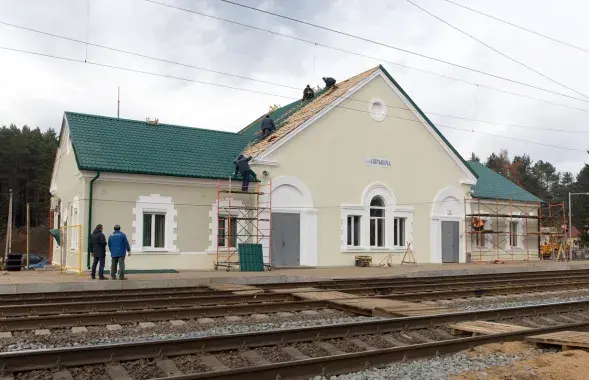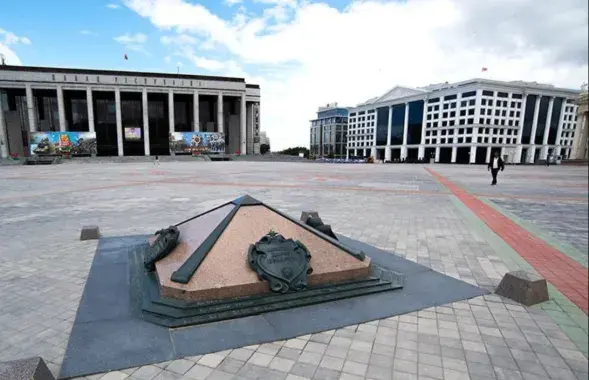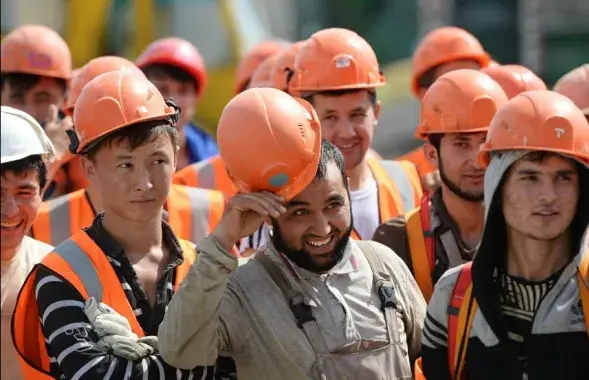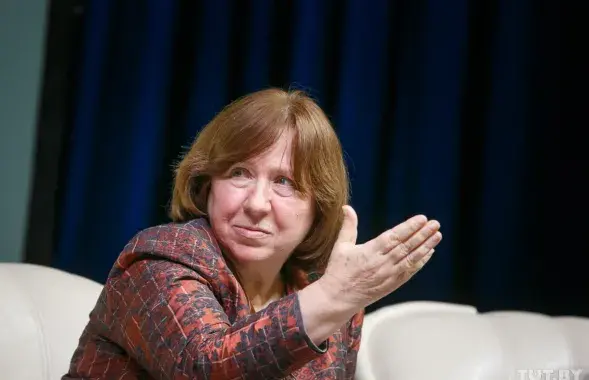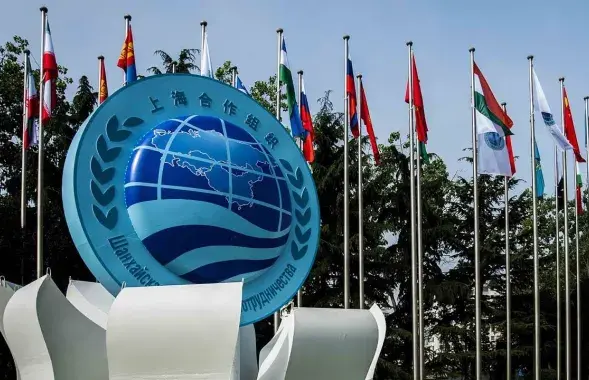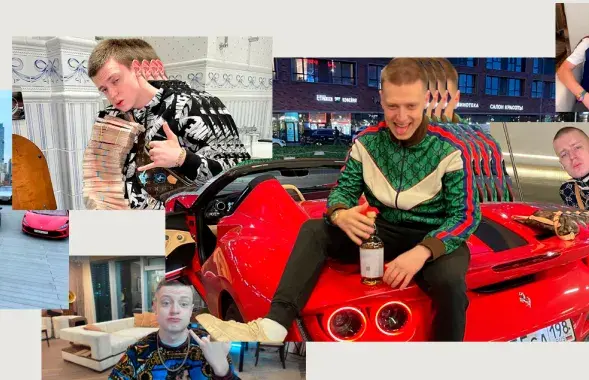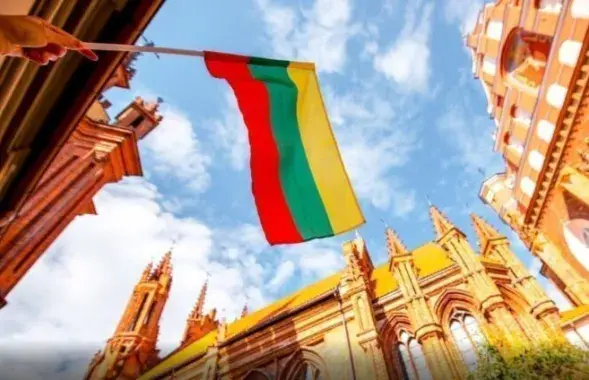Democratization of Belarus discussed in Warsaw
The conference involved a scandal: some of the present criticized Yaraslau Ramanchuk who was among the invited
The director of the Institute, Marcin Zaborowski, made a welcoming speech:
"The issue mentioned in the name of the conference may seem a little naïve in the context of more and more evident displays of authoritarianism in Belarus. However, look at the events in the Mediterranean. Who could think about the democratization of Egypt and Tunisia two months ago? Their authoritarian systems seemed as strong as the Belarusian one and the West did not even try to democratize them. That is why I am sure that there are better conditions for the introduction of a democratic system in Belarus”.

Participants of the second part of the Conference dedicated to NGOs and mass media: (from left to right) Pawel Kazanecki, chairperson of the East European Democratic Centre; Andrzej Pachobut, reporter of Gazeta Wyborcza in Belarus, activist of the Union of Poles; Piotr Kascinski, journalist of the Rzeczpospolita newspaper, moderator of the discussion; Andrei Dynko, editor-in-chief of the “Nasha Niva” newspaper.
Belarusian guests Alyaksandr Milinkevich and Yaraslau Ramanchuk made speeches about the economic and political situation. In the opinion of the former, there is no positive alternative in the dialogue with the Belarusian authorities.

Alyaksandr Milinkevich and Rosemary Thomas, British Ambassador to Belarus
Alyaksandr Milinkevich thinks that the European Union should not give in to Lukashenka’s intention of isolating Belarus. On the contrary, it is necessary to make the Belarusian society as open as possible including the introduction of cheaper Schengen visas. The politician also mentioned the major drawback of the EU policy.
Alyaksandr Mіlіnkevіch: "The EU lacked a road map, a step-by-step approach. The EU suggested: democratise yourself and we will render assistance. And the EU was helping while Lukashenka was playing in his illusion theatre. However, only a firm step-by-step strategy when economic assistance results from a certain liberalisation step will work. The dialogue that may be started after political prisoners are released will lead to trouble without it”.
Yaraslau Ramanchuk focused on the difficult economic situation and the possible negative consequences like absorption by Russia.

Yaraslau Ramanchuk (on the right) and Łukasz Adamski, discussion moderator
Yaraslau Ramanchuk: "The situation when there is no money in foreign exchange offices and the National Bank’s reserve is $3.6bn means that the National Bank is empty”.
A mini-scandal occurred. A former activist of “Tell the Truth”, Uladzimir Nyaklyayeu’s personal driver Artur Papok, tried to disrupt Yaraslau Ramanchuk’s speech and said that the TV speech where he had accused a number of opposition leaders on December 20 was a shame. Zmitser Barodka, an activist of “European Belarus” asked a corresponding question after that:
"Ramanchuk, do you have any conscience? You have betrayed the Belarusian movement! You made a speech directed against the real leaders of Belarus on television...”
Yaraslau Ramanchuk replied that his conscience was clear and that he had not betrayed or deceived anyone. He drew attention to the circumstances in which he had made the decision about that speech.
Yaraslau Ramanchuk: "It was a choice of a person lacking information in a certain situation. If people’s lives and political career are thrown into the balance, I do not think about political career. You have to be operating with concrete facts instead of dissipating your energies on emotional slogans”.

A number of foreign diplomats, experts and local Belarusians attended the conference. The guests were asked a lot of questions.
Yaraslau Ramanchuk has not revealed the details of Dec.19 and 20 events so far explaining that it may do harm to the detained.
Photo by: Dzyanіs Dzyuba, Euroradio
